US Army study of its Iraq invasion concludes Iran was 'the only victor'
The US army has described Iran as “the only victor” in its two-volume, 1300-page study of its brutal invasion of Iraq.
The report, complete with over 1,000 declassified documents, is a comprehensive assessment of the US' mistakes and successes during its destructive war effort.
It spans the 2003 military occupation of Iraq through the US withdrawal, the rise of Daesh (ISIL) terror group, and what it refers to as the influence of Syria and Iran.
“At the time of this project’s completion in 2018," Iran seems to be "the only victor,” the authors wrote in the concluding chapter of the study published by the US-based Army Times on Friday.
The study -- commissioned by former Army Chief of Staff Gen. Ray Odierno in 2013 and continued under current chief Gen. Mark Milley -- was postponed for release since 2016, when it was originally completed.
The report noted that the postponement was due to concerns over airing “dirty laundry” about decisions made by some leaders during the conflict.
It further identified the authors as Col. Joe Rayburn and Col. Frank Sobchak, both retired.
“The Iraq War has the potential to be one of the most consequential conflicts in American history. It shattered a long-standing political tradition against preemptive wars,” the authors wrote. “In the conflict’s immediate aftermath, the pendulum of American politics swung to the opposite pole with deep skepticism about foreign interventions.”
In his foreword to the study, Odierno wrote that “those who rejected the idea that there is an operational level of war in counterinsurgency were wrong.”
He further noted that following the war, the US entered “another historical cycle” like wars in the past, where civilian and military leaders debate the utility of land power. He then pointed directly to an overtaxed Army at even higher troop levels than they are now.
According to the report, one issue raised repeatedly in the study is the lack of troops — within the deployed brigade combat teams, available for other operations such as the war in Afghanistan, and lack of an operational reserve in theater for responses to major events.
Highlights of the study, the report added, include validations of criticisms made at the time the war was being fought, and others that were not foreseen and only understood in the years that followed.
Study authors further noted that technology could not always make up for manpower shortages, that coalition warfare was “largely unsuccessful” for several reasons, that failing to account for a lack of understanding of the inner workings of Iraqi politics and group struggles meant some military unit actions did exacerbate problems.
In early 2003, the US, backed by the UK, invaded Iraq under the pretext that the regime of Saddam possessed weapons of mass destruction (WMD). No such weapons, however, were ever found in Iraq.
More than one million Iraqis were killed as a result of the invasion, and the subsequent occupation of the country, according to the California-based investigative organization Project Censored.
VIDEO | Martyr Soleimani’s legacy inspires pilgrims flocking to Kerman
VIDEO | Rome sit-in decries Palestinian Authority's betrayal of Palestinian cause
VIDEO | IRGC military drills underway in western Iran to boost combat readiness
VIDEO | Scientist-turned anti-hegemonic filmmaker
Yemen slams missile into northern part of occupied territories
VIDEO | An insider's view of the country: Naqsh-e-Jahan Square
Iran Armed Forces confront all violations against the country’s soil: Ground Forces cmdr.
IRGC deploying ‘new weaponry’ during underway Ground Force drills


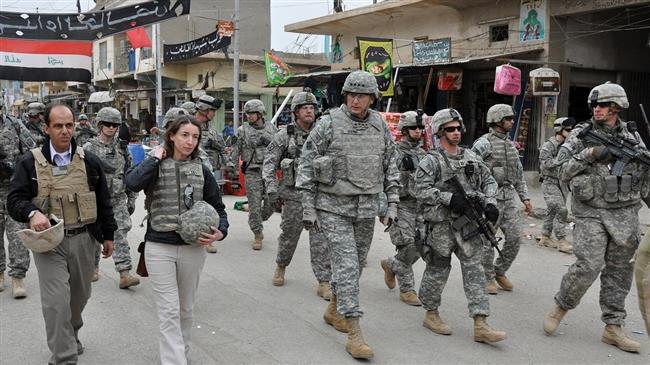
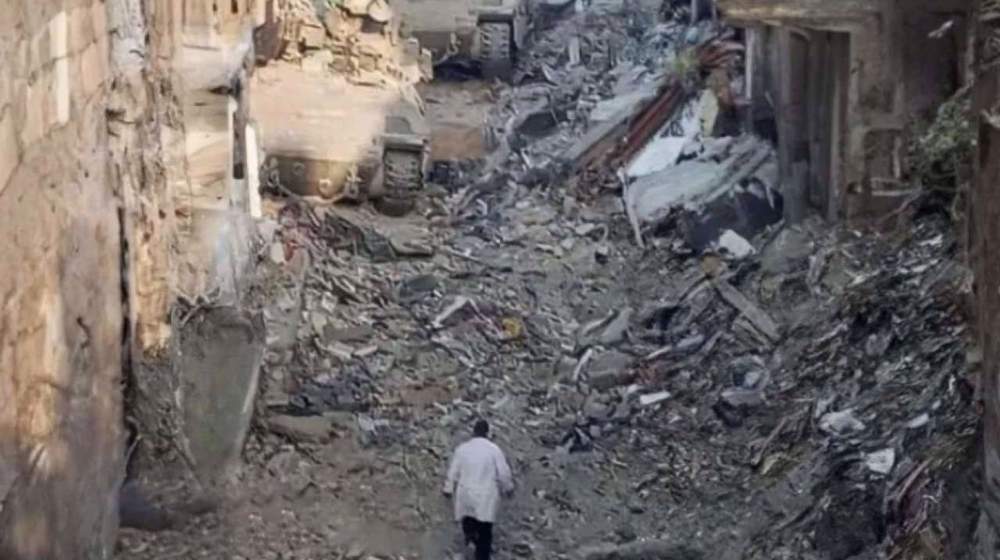
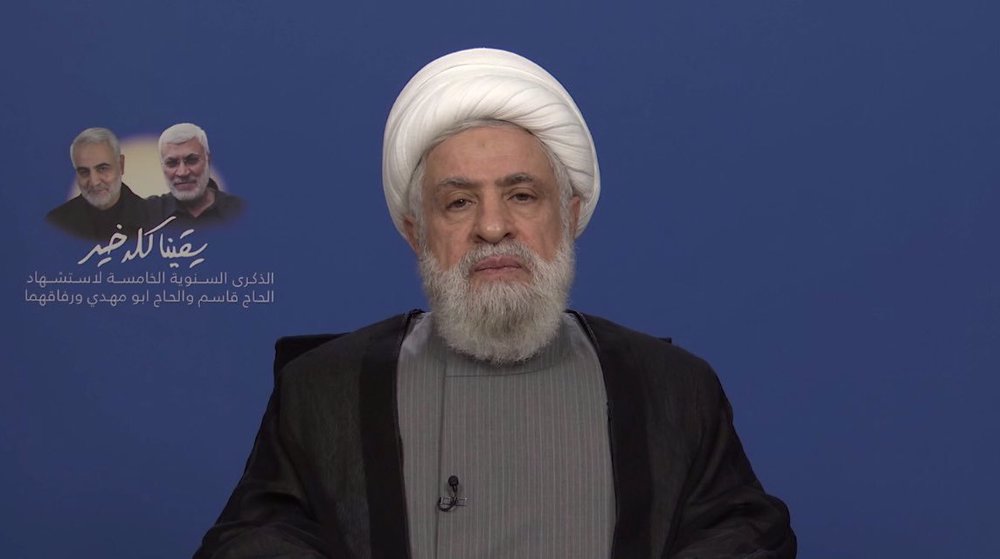




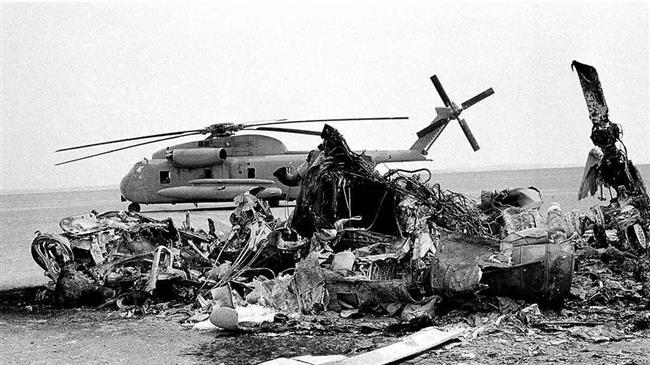
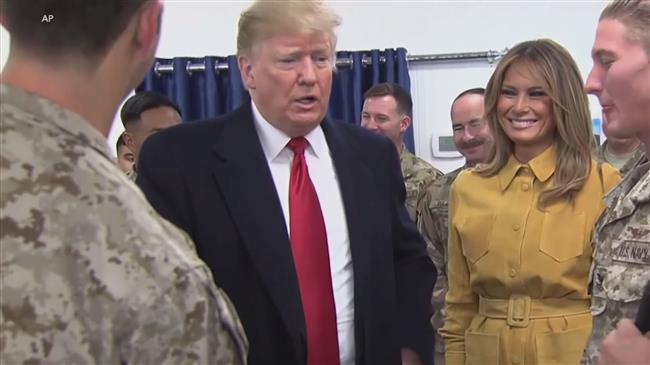
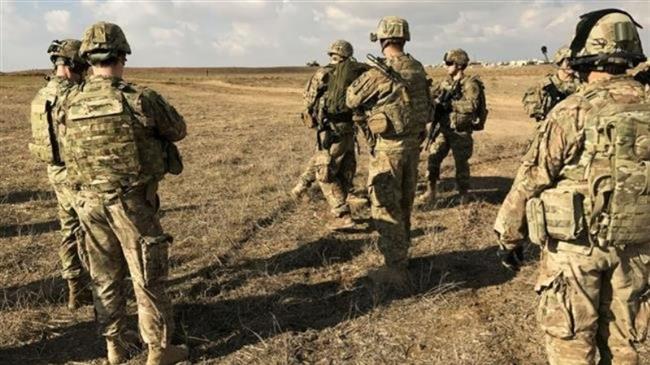

 This makes it easy to access the Press TV website
This makes it easy to access the Press TV website